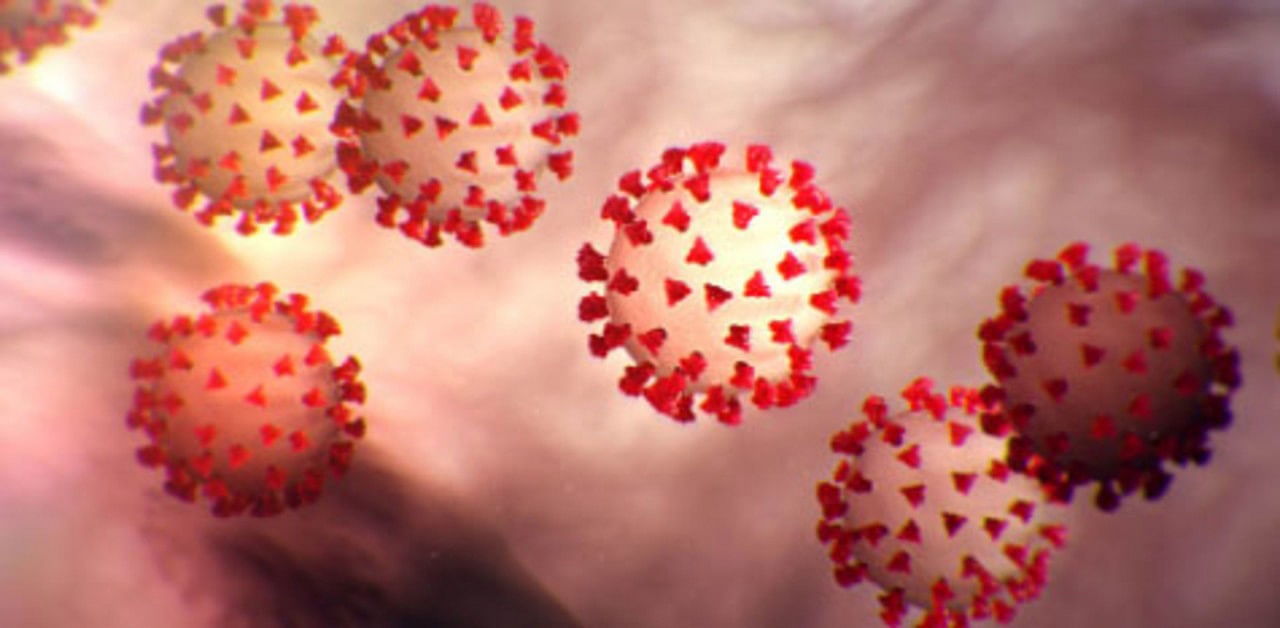Environmental scientists have warned that the potential spread of COVID-19 via sewage “must not be neglected” since the viruses shed from the digestive system of infected individuals tend to last longer than those from the respiratory tract.
The research, published in the journal EnvironmentalInternational, noted that while response to pandemic is focused on preventingperson-to-person transmission, the virus might also spread in wastewater.
“It has recently been confirmed that the virus can alsobe found in human faeces — up to 33 days after the patient has tested negativefor the respiratory symptoms of COVID-19,” said Richard Quilliam, studyco-author from the University of Stirling in Scotland.
Based on their new findings, the scientists warned that thesewerage system itself may pose a transmission risk.
They said the structural makeup of SARS-CoV-2, specificallyits lipid envelope covering, suggests that it will behave differently inaqueous environments, compared to other viruses typically found in theintestine.
There is currently limited information on the environmentalpersistence of COVID-19, but the study noted that other coronaviruses canremain viable in sewage for up to 14 days, depending on the environmentalconditions.
“It is not yet known whether the virus can betransmitted via the faecal-oral route, however, we know that viral sheddingfrom the digestive system can last longer than shedding from the respiratorytract,” Qulliam said.
Hence he said the fecal-oral route could be an important —but as yet unquantified — pathway for increased exposure.
Quilliam said since most COVID-19 patients are asymptomaticor experience just mild symptoms and remain at home, there is significant riskof “widespread” distribution through sewers.
According to the biologists, lack of testing “makes itdifficult” to predict the scale of the potential spread and the publichealth implications of the virus arriving at wastewater treatment works.
“The transport of coronaviruses in water could increasethe potential for the virus to become aerosolised, particularly during thepumping of wastewater through sewerage systems, at the wastewater treatmentworks,” the scientists wrote in the study.
According to the study, the risk of fecal-oral transmissioncould be further increased in parts of the world with high levels of opendefecation, or where safely managed sanitation systems are limited.
In these places, the scientists said waterways are used as bothopen sewers and sources of water for domestic purposes.
“Such settings are commonly accompanied by poorlyresourced and fragile healthcare systems, thus amplifying both exposure riskand potential mortality,” the researchers noted.
Currently, all published data on faecal shedding ofSARS-CoV-2 derive from hospitalised patients with limited information on mildand asymptomatic cases, they added.”In the immediate future, there needs to bean investment of resources to improve our understanding of the risks associatedwith faecal transmission of SARS-CoV-2, and whether this respiratory virus canbe disseminated by enteric transmission,” the study concluded.






